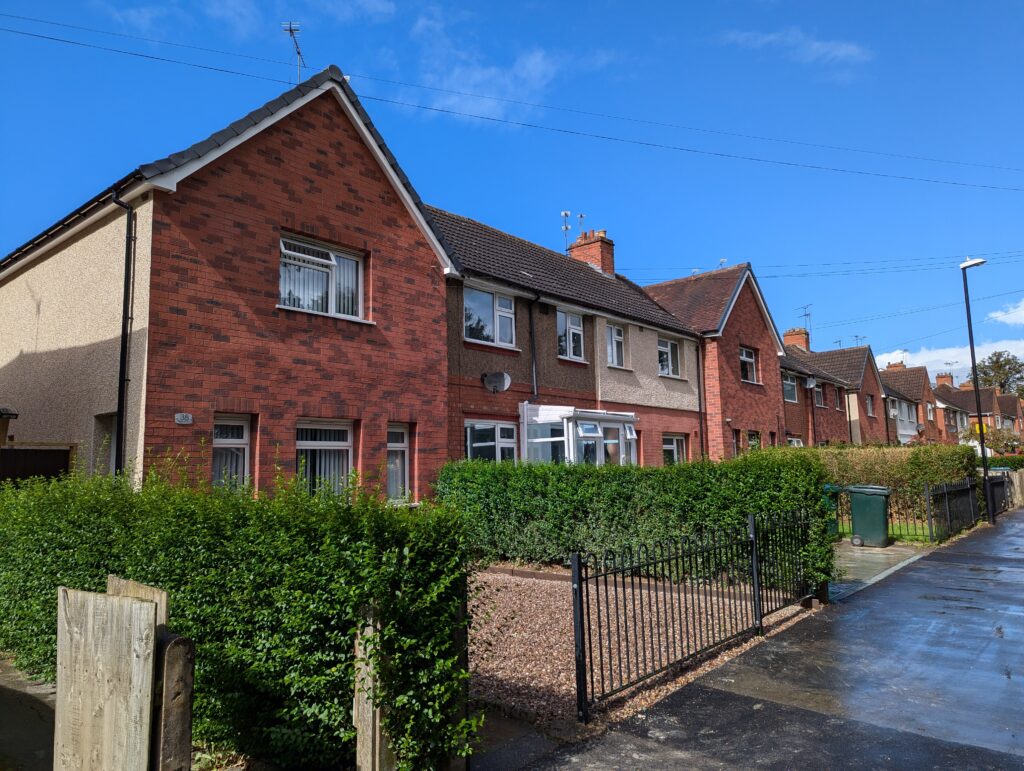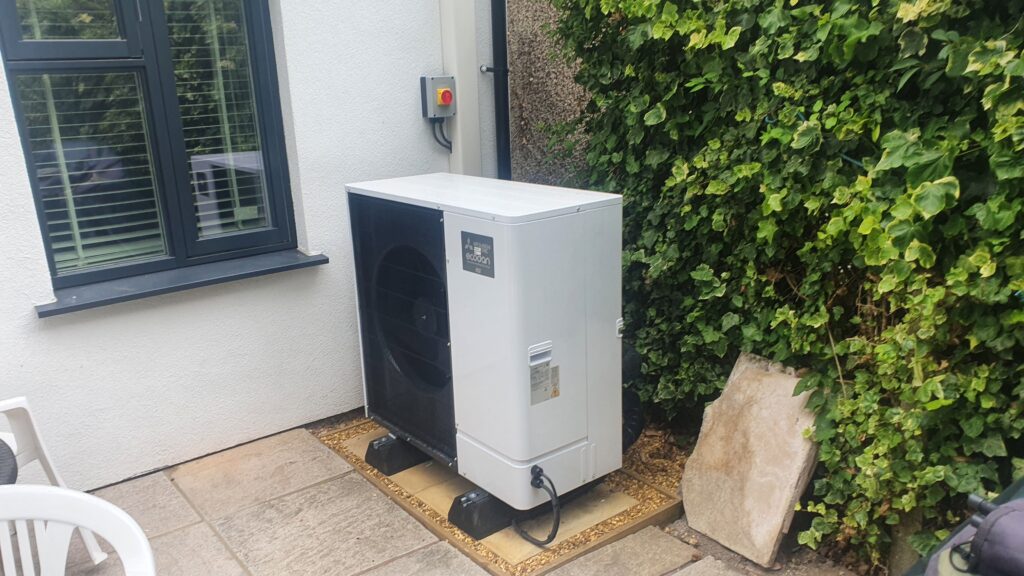THE DEPARTMENT for Energy Security and Net Zero (DESNZ) has announced further details on how local authorities and registered providers can improve the energy efficiency of their housing stock and contribute to the government’s Warm Homes Plan.

Previously known as the Social Housing Decarbonisation Fund (SHDF), Wave 3 of Warm Homes: Social Housing Fund aims to upgrade a significant amount of social housing in England to Energy Performance Certificate (EPC) band C. With two new routes to access funding now available, applicants can bid for funding under the Challenge Fund and via Strategic Partnerships.
This announcement comes at a crucial time when clarity was needed to provide a sustainable and long-term solution to energy security and decarbonisation. Nervousness was beginning to grow within the retrofit industry that funding may be delayed following the change in government, however, Labour’s plans will maintain momentum to ensure that efforts are made to improve delivery and training to assure those facing fuel poverty are not overlooked. With a renewed focus, the government’s Warm Home Plans will assure that no home is left unnecessarily damp, cold or energy inefficient.
A review of housing stock and completing property assessments will be essential. In relation to the Warm Homes: Social Housing Fund Wave 3 (WH: SHF Wave 3), organisations can decide whether to apply for funding through the Challenge Fund or Strategic Partnership route. It is essential to start compiling bid information as soon as possible, ahead of the application window, which runs from 30 September 2024 to 25 November 2024. Meanwhile, the expression of interest window for the Warm Homes: Local Grant is expected to open in October – giving local authorities longer to prepare for this stream of funding.
The purpose of the Warm Homes: Local Grant is to ensure an area-based approach to housing retrofit can be more easily achieved. Full tenure inclusion within funding options is fundamental to assuring no home is left behind. A £15,000 per home cost cap for energy efficiency upgrades and £15,000 per home for low carbon heating can be averaged across a project.
Those applying under the Challenge Fund must include a minimum of 100 eligible social homes at EPC band D-G, except in the case of smaller social housing landlords who own or manage fewer than 1000 homes, where they should look to join a consortium where possible. The delivery window for the government’s Warm Homes Plan is expected to run from 1 April 2025 to 31 March 2028. It is important to note that all social housing below EPC C is eligible for WH:SHF Wave 3 funding unless homes have already undergone retrofitting measures during Wave 2 of the previously allocated funds.
 Strategic Partnerships are encouraged for a select number of grant recipients with a proven track record of successful delivery at scale, meaning thousands of properties. To reflect the capability evidenced by these landlords and to support delivery at scale, these recipients will not be required to provide detail on specific homes and measures until works have been caried out as part of the routine delivery monitoring. Strategic Partnership applicants will be expected to propose projects of significant scale, retrofitting multiple thousands of homes. Demonstrating delivery capability will be key to a successful application bid.
Strategic Partnerships are encouraged for a select number of grant recipients with a proven track record of successful delivery at scale, meaning thousands of properties. To reflect the capability evidenced by these landlords and to support delivery at scale, these recipients will not be required to provide detail on specific homes and measures until works have been caried out as part of the routine delivery monitoring. Strategic Partnership applicants will be expected to propose projects of significant scale, retrofitting multiple thousands of homes. Demonstrating delivery capability will be key to a successful application bid.
It is worth noting that those residing in a Combined Authority such as The Greater Manchester Combined Authority (GMCA) and the West Midlands Combined Authority (WMCA) and their constituent local authorities may not be eligible to access the WH:SHF Wave 3 funding due to them receiving a separate allocation as part of the government’s devolution deals.
Technical assistance for WH: SHF Wave 3 will be delivered under the name of ‘RISE’ – Retrofit Information, Support and Expertise. RISE support is available for prospective applicants as well as supply chain companies looking to secure the relevant accreditations under the Warm Homes plan. DESNZ will expect applicants to inform RISE about their intent to apply via the self-assessment form or through email.
These changes instil a sense of confidence as significant interest is expected to continue. This opportunity places greater emphasis on low carbon heating solutions. Though a fabric first approach will be maintained, homes can continue to be upgraded and whole house retrofit is likely to become more common. This latest development of the Warm Homes Plan forms part of the government’s wider agenda to deliver progress towards net zero by 2050.
This move allows the sector to continue to build upon the momentum from the last few years and for continued large-scale decarbonisation which will result in thousands of people benefiting from warmer, more energy efficient homes for improved health and wellbeing.
To find out more about SBS and the services we offer to support the Warm Homes Plan, contact us here.



